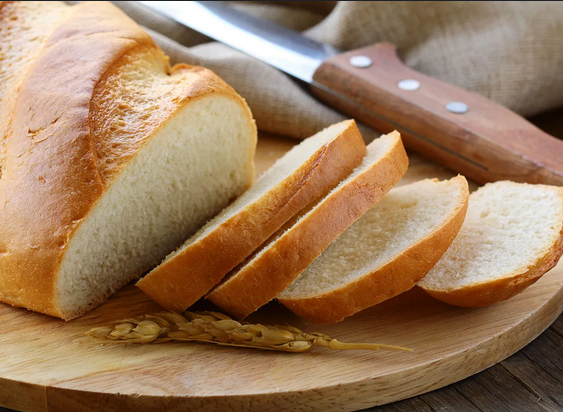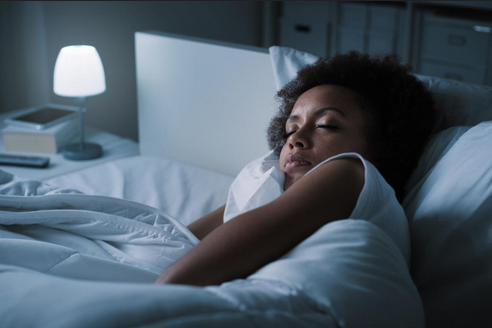LIFESTYLE
NYSC Camp Survival Guide: Everything to Know Before Your First Day

 Uncategorized1 week ago
Uncategorized1 week agoSilent Killer Diseases Every Woman Should Be Aware Of

 Uncategorized1 week ago
Uncategorized1 week agoEveryday Habits That Are Silently Destroying Your Health and Happiness

 Uncategorized1 week ago
Uncategorized1 week agoWhat Causes Painful Periods and How You Can Get Relief

 EDUCATION1 week ago
EDUCATION1 week agoYou Can’t Have Two JAMB Results — The Old One Has Been Withdrawn

 Uncategorized1 week ago
Uncategorized1 week agoCommon Reasons People Die In Their Sleep

 ENTERTAINMENT2 weeks ago
ENTERTAINMENT2 weeks agoNollywood actress, Tolani Akintunde dies of heart attack in the UK

 Uncategorized1 week ago
Uncategorized1 week agoSurprising Diseases Linked to Skipping Your Night Shower

 Uncategorized1 week ago
Uncategorized1 week agoSigns That Indicate Your Heart Is Not Working Properly





